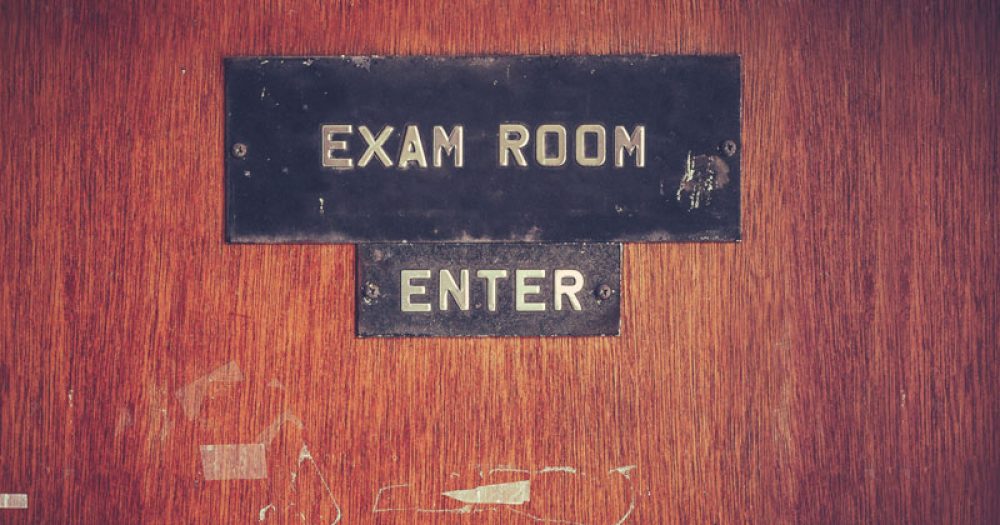The Exams Officers’ Association (EOA) is pushing for a consultation with Ofqual to review exam access for students with a learning disability or difficulty.
It follows association research that found school staff struggling to cope with a rising number of requests for special provision.
Andrew Harland, chief executive of the EOA, said the rise was in part down to confusion over “old” guidance that focused on disability – a “minority” of requests – and not enough on learning difficulties, now the “majority” of requests.
Current guidelines on access arrangements are published by The Joint Council for Qualifications (JCQ). Within the guidance it states: “Access arrangements allow candidates with special educational needs, disabilities or temporary injuries to access the assessment without changing the demands of the assessment. For example, readers, scribes and braille question papers.”
The current JCQ documents “do embrace learning difficulties”, but their original focus was on disabilities
Harland said the current JCQ documents “do embrace learning difficulties”, but their original focus was on disabilities. There was now a need to “update how other needs are being referenced and interpreted by centres.
“We want stronger, clearer JCQ documents so all students who need this sort of support, get it.”
Access arrangements can include extra time, supervised rest breaks, and the use of assistive technology such as reading, writing and speaking software.
An EOA report published earlier this year highlighted “grave concerns” over the increase in the number of special provision requests.
The report surveyed nearly 300 schools and colleges and found they all reported an increase of up to 20 per cent, but budget constraints left them struggling to meet the additional costs and resources.
Most requests were for extra time and could be easily accommodated in main halls, but those for more “severe” disabilities and learning difficulties were “proving more challenging”, with 18 per cent of schools concerned over finding enough accommodation, such as rooms for students who needed scribes and readers.
Fifty-one per cent said the present access arrangements were “unsustainable and need a comprehensive review”, while 82 per cent asked for “more effective consultation on changes to JCQ publications because of the impact they have on centres”.
Harland said the number of requests had also gone up because of the move towards a linear grading system.
51% said the present access arrangements were unsustainable
“We now have a one-exam period system, there is no opportunity for people to retake exams. So it could be that people on the edge of a learning difficulty are seeking to use access arrangements as a way of trying to . . . get through the exam system.
“That may be seen in a cynical way, but if I am a person struggling with maths or English and I have a special educational need tendency, such as dyslexia, but I might not be eligible for access arrangements, I will apply for it because of the new emphasis on those subjects at GCSE.”
Stephen Hall, chief executive of Dyslexia Action, said he would welcome a review of exam access that “enables a greater range of learners with learning difficulties to gain necessary support”.
An Ofqual spokesperson said the exams regulator had offered to meet with the EOA “to understand more about its concerns” but it “does not have a consultation planned” on the JCQ document.
The JCQ said it did not recognise the EOA’s concerns.


Your thoughts